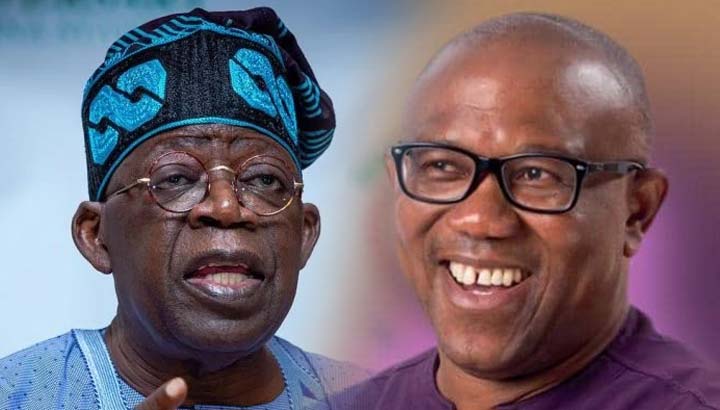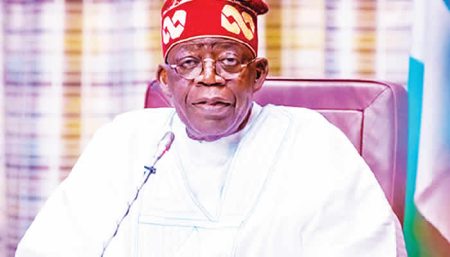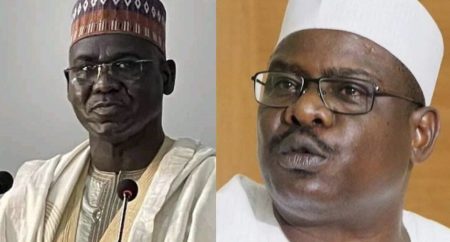Peter Obi, the Labour Party’s presidential candidate in the 2023 Nigerian elections, has articulated his perspective on the contentious economic policies implemented by the current administration of President Bola Tinubu. Focusing on the removal of the petrol subsidy and the floating of the naira, Obi contended that while he supports the principles behind these policies, their execution has been deeply flawed and detrimental to the Nigerian populace. He argued that a more structured and gradual approach would have mitigated the harsh economic consequences witnessed across the country.
Obi’s critique centered on the abrupt and disorganized manner in which the subsidy removal was implemented. He highlighted the lack of preparatory measures and the absence of a clear roadmap for utilizing the purported savings. He questioned the government’s claim that the subsidy removal would free up funds for investment in critical sectors like education, health, and poverty alleviation, pointing to the lack of tangible improvements in these areas as evidence of mismanagement. Obi emphasized that his own approach, as outlined in his manifesto, would have been more systematic, prioritizing a phased removal coupled with strategic investments to cushion the impact on vulnerable populations.
Regarding the floating of the naira, Obi reiterated his support for the policy in principle, but stressed the importance of laying the necessary groundwork before such a drastic measure. He emphasized the need to boost domestic production, particularly in the agricultural and manufacturing sectors, to create a more robust and resilient economy capable of withstanding the pressures of a floating exchange rate. He argued that premature implementation without adequate preparation has only exacerbated existing economic vulnerabilities.
The core of Obi’s argument rests on the distinction between policy conception and policy execution. He acknowledges the potential benefits of both the subsidy removal and the floating of the naira, recognizing their capacity to address long-standing economic distortions. However, he criticizes the current administration’s hasty and ill-conceived implementation, arguing that it has inflicted unnecessary hardship on Nigerians. He posits that a more measured and strategic approach, focused on mitigating the impact on the most vulnerable segments of society, would have yielded more positive outcomes.
The former Anambra State governor’s critique underscores the complexities inherent in economic policy reform, particularly in a developing nation like Nigeria. While acknowledging the necessity of addressing structural inefficiencies and promoting fiscal discipline, he emphasizes the importance of considering the social and economic ramifications of such policies. Obi’s proposed approach, characterized by gradualism and strategic investment, reflects a concern for minimizing the negative impact on the populace while pursuing long-term economic stability and growth. He advocates for a more holistic approach, one that considers the interconnectedness of various economic sectors and prioritizes the well-being of the citizenry.
The contrasting approaches to economic reform highlighted by Obi’s critique represent a fundamental debate on the optimal path to sustainable development. While the current administration has opted for swift and decisive action, potentially driven by a sense of urgency in addressing long-standing economic challenges, Obi advocates for a more cautious and measured approach, emphasizing the need for careful planning and mitigation strategies. This divergence in approach underscores the complex trade-offs inherent in economic policy-making and the importance of considering the broader societal implications of such decisions. The debate ultimately revolves around the question of how to balance the pursuit of long-term economic stability with the immediate needs and well-being of the population.














